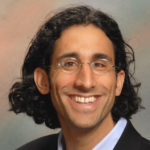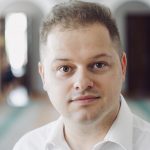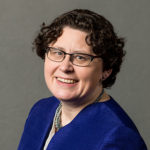U.S. Interference in Ukraine’s Autocephaly: An Ineffective, Unnecessary, and Unlikely Affair

Robert C. Blitt is Professor of Law at the University of Tennessee Knoxville
At first glance, extending the Tomos to a newly established Orthodox Church of Ukraine (OCU) may appear to have emerged with lightning speed, particularly in the traditionally deliberative world of Orthodox Christianity. But the reality attests to a much longer campaign to secure autocephaly for Ukraine, and to a larger, ever-seething rift among Orthodox churches over canonical legitimacy and control.
The Long Reach of U.S. Foreign Policy and the Tomos
Boosters and detractors of OCU autocephaly are divided over claims of government interference in the process of issuing the Tomos. An assessment of the effectiveness of Ukrainian and Russian government intervention is set aside for another occasion, though indications are plain intervention was the norm rather than the exception. In the case of the United States, some outside observers have claimed the U.S. government manipulated the Ecumenical Patriarch with millions of dollars in bribes to foster a schism in the Orthodox world, and that consequently, “the State Department, will have the blood of the little Ukrainian grandmothers and old men on [their] hands.” Parties more intimately engaged, including high-level officials from the Russian government and the Moscow Patriarchate, have espoused similar claims, if couched in more diplomatic terms. (more…)


